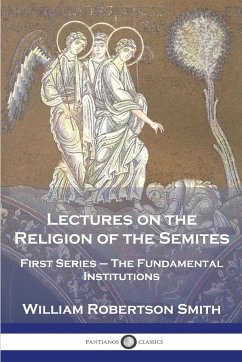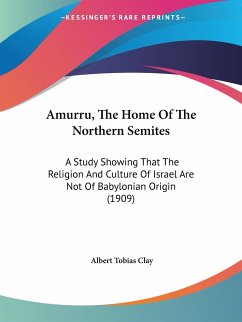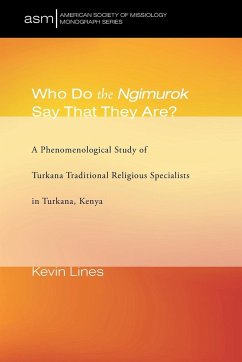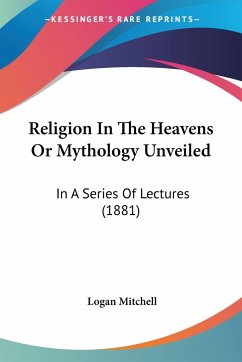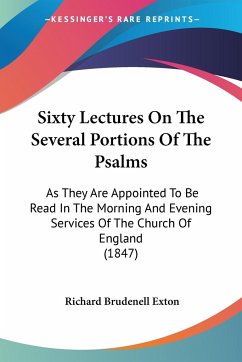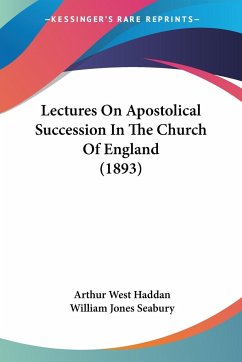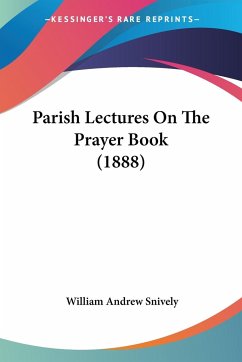In this in-depth enquiry, the religion and spiritual traditions of peoples inhabiting the ancient Middle East is investigated by Professor W. R. Smith of Cambridge University. This investigation concerns the Semitic peoples as a whole, who inhabited several ancient countries in the Middle East. The peoples included in Smith's work include Arabs, Hebrews, Phoenicians, Aramaeans, Babylonians and Assyrians. Since these civilizations neighbored one another, traded, warred, and otherwise interacted, their spiritual beliefs and religions underwent a shared evolution with time. The author tackles the characteristics of ancient faith, establishing a series of commonalities between the ancient Semitic peoples. Subjects include such rituals as animal sacrifice, and the according of certain sites - typically caves and bodies of water - with a degree of holiness. Religious symbology, mystical creatures such as the demon, plus a variety of moral precepts and taboos, are also discussed at length. The earliest belief systems in the region were polytheistic, consisting of many Gods, who collectively interacted with humankind and aspects of the physical world. It was only later that monotheistic religions - a belief in one God - became prevalent and then dominant in the Middle East.
Bitte wählen Sie Ihr Anliegen aus.
Rechnungen
Retourenschein anfordern
Bestellstatus
Storno

